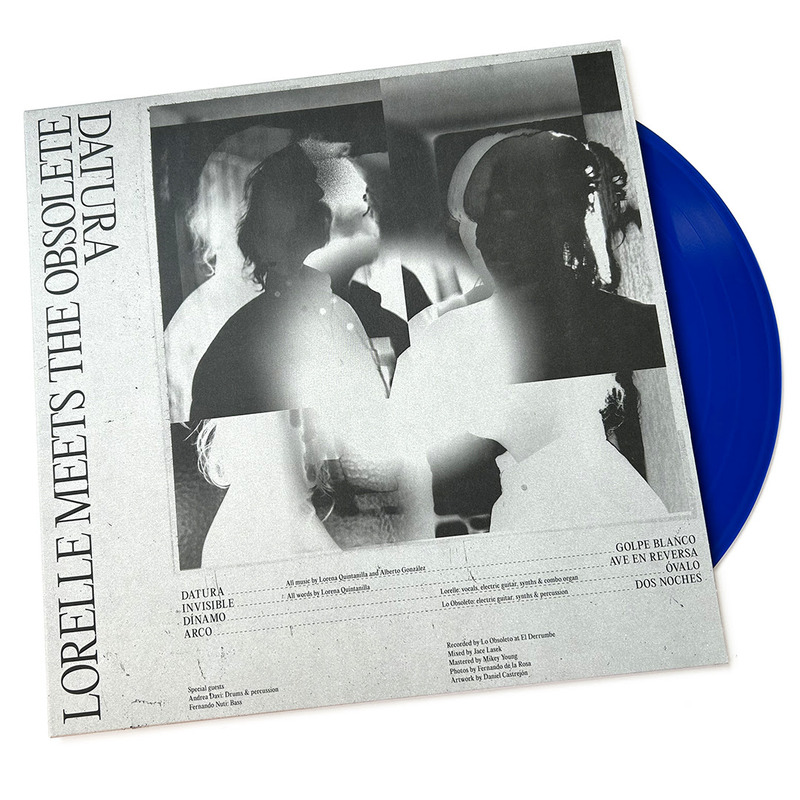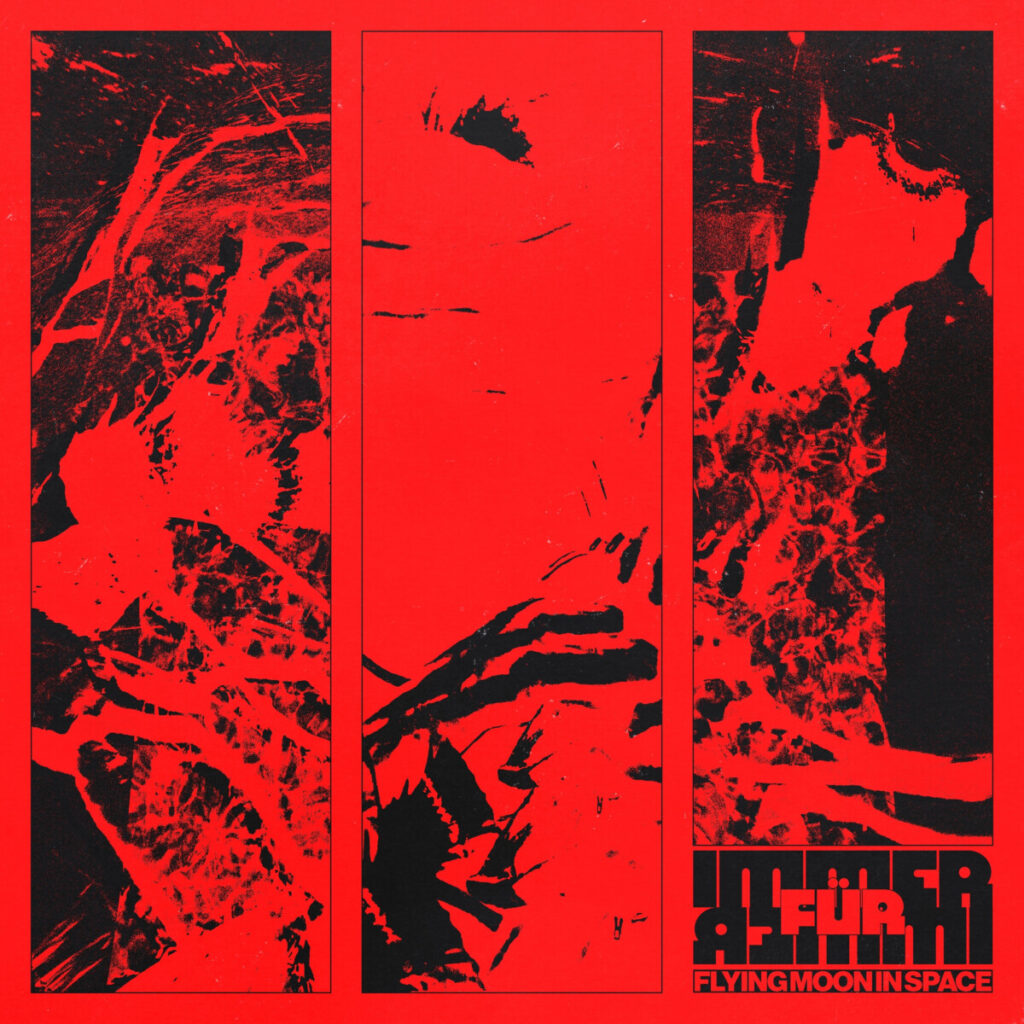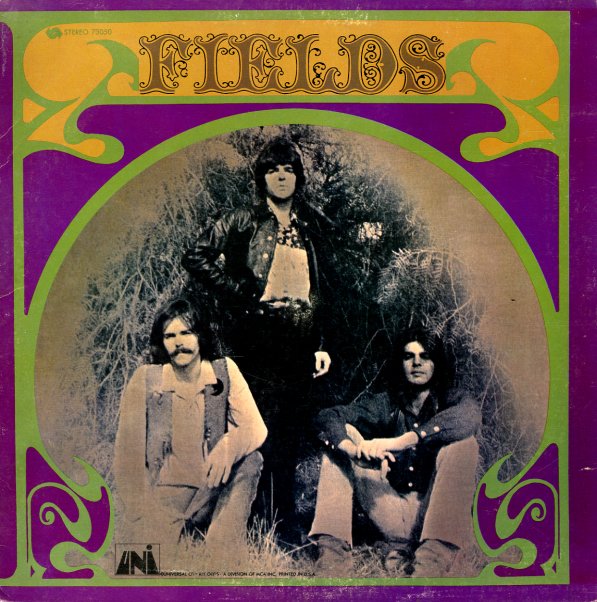Datura by Lorelle Meets the Obsolete: Album Review
Datura by Lorelle Meets the Obsolete: Album Review
The creations of Lorena Quintanilla and Alberto González… also known as Lorelle Meets the Obsolete… have never been easy to classify. In the years they’ve been active, the Mexican two-some has consistently produced music that spans multiple genres. Earlier releases, such as On Welfare, Corruptible Faces, and Balance, are a clear showcase for their tendency toward psychedelia, Krautrock, and post-punk, combined with a vintage sound. Lorelle Meets the Obsolete hasn’t eliminated these elements from their work, but their most recent album, Datura, still finds the duo making their way into new terrain.
The title track, “Datura” opens gradually, putting in mind the image of its vespertine namesake. Lorelle’s voice emerges from and lithely winds its way through an underlit landscape of dissonant synthesizers and increasingly insistent drumbeats, telling what
Datura finds the duo making their way into new terrain.
seems to be a tale of survival and growth in the twilight. The bass nonchalantly chimes in early on, joined by the determined drums and synths. Rough guitars doggedly follow on their trail, as if to help drive the point home that progress is possible under cover of dark. “Invisible” begins with an evenly lilting bass, Lorelle’s voice accented by the somewhat intermittent crash of the guitar, synths like sunrays beaming through much of the song. Toward the end the guitar shoots forth again, distorted and spiky, the ending filled with a sound similar to a telephone’s busy signal. There is almost no pause as “Dínamo” takes its place, the bass sliding in and the guitar sharing the space with Lorena as she sings, industrial, computer-like sounds eventually coming into the mix, and the track ending similarly to how it started.
Fernando A. de la Rosa
“Arco”, track four, relies primarily on synth, drumbeats, and bass for its main rhythm, creating a piece of music that the listener may find almost mesmerizing. Lorena’s vocals here are diaphanous to begin with, strengthening with the arrival of the slightly off-kilter, almost carnivalesque sound that comes later in the track. Next is “Golpe Blanco”, a forceful, fast-paced piece that combines machine-like beats, guitars reminiscent of howling winds, and commentary on colonialism, as well as an incisive display of percussive proficiency. In contrast, “Ave En Reversa” is relaxed and optimistic, upbeat, sounding at first like the sort of song one
Those with an interest in music are likely to be at least somewhat intrigued by the unconventional sound found on Datura.
might find on a television show or in a commercial. But even here, we find the electronic tones, rasping guitar, and ethereal, avant-garde vocalization that Lorelle Meets the Obsolete seems to be known for… lasting for over a minute before reverting to the sunshine and ease found earlier in the track.
From here the listener lands in “Óvalo”, a robust, hopeful, cowbell-accented rocker. Here again, sunny synths shine through, working in tandem with the bassline and fuzzy guitar to create a danceable song that would be at home on a house party playlist. This may not be one of Datura’s strongest tracks, but it is an accessible one, which is in the band’s favor. Last comes “Dos Noches”. This one feels focused and driven, and Lorena’s voice is smooth as the drums, bass, and synth flow. There’s a darkness here as the guitar snarls, seeming to shadow Lorena like a beast in the night and eventually taking the spotlight to finish out the track.
Humans are, by nature, a curious species. Those with an interest in music are likely to be at least somewhat intrigued by the unconventional sound found on Datura. It’s a strong shift from their earlier style and production, and yet… there is just enough of the original Lorelle Meets the Obsolete sound here to signal that this is indeed the same band. That said, this music critic’s impression is that Datura was likely made with a certain kind of listener in mind and that it may not appeal to a wider audience. The songs are sung entirely in Spanish, the band’s native language. Lorena’s voice itself is clear, but certain words are difficult to discern at times thanks to the echo chamber-type effect used on her vocals. Both do help add to the atmospheric quality of Datura. It’s a powerful expression of self, using your mother tongue, and echoing vocals are quite characteristic of most Lorelle Meets the Obsolete albums. On the other hand, listeners interested in songwriting may struggle to fully grasp the album’s subject matter and message unless they understand Spanish, can translate the lyrics, or can adjust their equalizer. The volume seems to fluctuate at random intervals in several of the tracks, which some detail and production-oriented listeners may find distracting. But this too contributes to the lo-fi, informal feel of Datura, so it may well have been intentional.
In conclusion, Datura is not for everyone. It’s straightforward. There’s a tenebrous, often jarring feel to much of it, and many listeners may find it a difficult album to get through. But those who are brave enough to wander into its domain may find that they’re willing to stay a while and see what else Lorelle Meets the Obsolete has to offer.
Gallery
Recent Articles
Vinyl Relics: Fields by Fields
•
February 10, 2026
A Tale of Crescendo ~ Epilogue
•
February 7, 2026

Loading...
Vinyl Relics: Would You Believe with Billy Nicholls
- Farmer John




